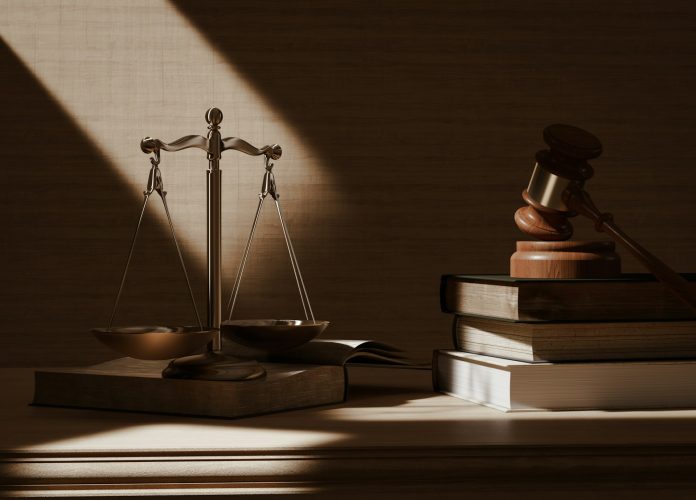Ethics in law is a set of basic ideals that direct how lawyers behave when they are professionally working. For criminal defense, which involves lawyers speaking up for people accused of crimes, sticking to ethical standards is very crucial. It helps make sure justice gets done fairly, guards the rights of those who are accused and keeps trust from the public towards the legal system intact. Lawyers who defend criminals have to handle tough moral situations, balancing their commitment to fight for the best outcome for their client and fulfill professional duties.
Confidentiality and Attorney-Client Privilege
One crucial part of legal ethics in criminal defense is the responsibility to keep things confidential and the attorney-client privilege. Lawyers have strict rules that make them maintain confidentiality for any communication they have with their clients, no matter what sort of information it contains. The privilege between an attorney and client stops these communications from being revealed in court, making sure that people who hire attorneys can trust them with their secrets without worry about getting exposed later on. Lawyers and their clients keep the rights of confidentiality, which is crucial for building trust and getting good representation in criminal situations.
Conflict of Interest Considerations
Criminal defense lawyers have to handle situations where their representation of clients might create conflicts of interest. A conflict of interest happens when personal interests or responsibilities interfere with the duties a lawyer has towards someone they are representing. Imagine if a lawyer is helping many clients in one case, but these people have different interests which don’t align well together – this could be seen as a conflict of interest too. Also, if the lawyer has personal connections with people involved in the case it can lead to conflicts, like knowing them from past relations or friendships made before becoming involved professionally. Lawyers must spot and handle conflicts of interest quickly so that they can give their clients capable and neutral representation.
Zealous Advocacy Within Ethical Bounds
In the role of a criminal defense lawyer, one is required to passionately support and safeguard the interests of their client. But this vigorous advocacy should be balanced with ethical limitations. The lawyer must follow professional conduct rules and ethical guidelines when dealing with opposing parties, witnesses, or the court itself. Expressing this way does not permit doing wrong or unlawful acts like giving false statements, messing with proofs or undermining how justice is managed. The concept of enthusiastic advocacy coupled with ethical duties is an essential element in successful criminal defense.
Candor and Honesty in Court Proceedings
Lawyers who defend criminals must be candid and frank when dealing with the court. They should display evidence truthfully, provide correct explanations of the law, and not engage in any misleading or dishonest activities. A criminal lawyer is the supporter of their clients, but they also hold a responsibility to maintain the honesty of the legal system and advocate for fairness in judicial actions. Keeping the truthfulness and openness maintains honor for the legal work, guaranteeing fair action of justice.
Professional Integrity and Reputation
The reputation of criminal defense lawyers is mainly based on their ethical conduct and professional honesty. Lawyers who maintain high ethics gain respect from other lawyers, people they represent and the judicial system. In contrast, if a lawyer has an ethical failure it can harm their reputation and lessen how much they are trusted in law circles. To sustain a successful and respected legal practice, maintaining professional honesty is not just an ethical duty but also a requisite.
Navigating Ethical Dilemmas with Ethical Codes and Guidelines
In the work of criminal defense lawyers, they frequently face moral predicaments. These situations demand thoughtful thinking and observance of ethical codes and standards. These professional groups like bar associations or legal ethics committees play a vital role in offering help to lawyers for handling moral problems correctly. By reviewing ethical codes, sharing with others for advice, and participating in ongoing legal education, defense attorneys can guarantee they meet their moral duties while strongly defending their clients.
Legal ethics are very important in the practice of criminal defense. They give guidance to lawyers about how they should behave and what responsibilities they have as professionals. Following ethical rules like keeping things secret, not getting into situations that could create a conflict of interest, and being straightforwardly truthful is crucial for making sure justice is administered fairly while also protecting the rights of those accused. Lawyers who work on criminal defense must handle moral dilemmas with care and honesty by balancing their responsibility to fight for their clients with the ethical duties towards the legal profession and court system alike.

